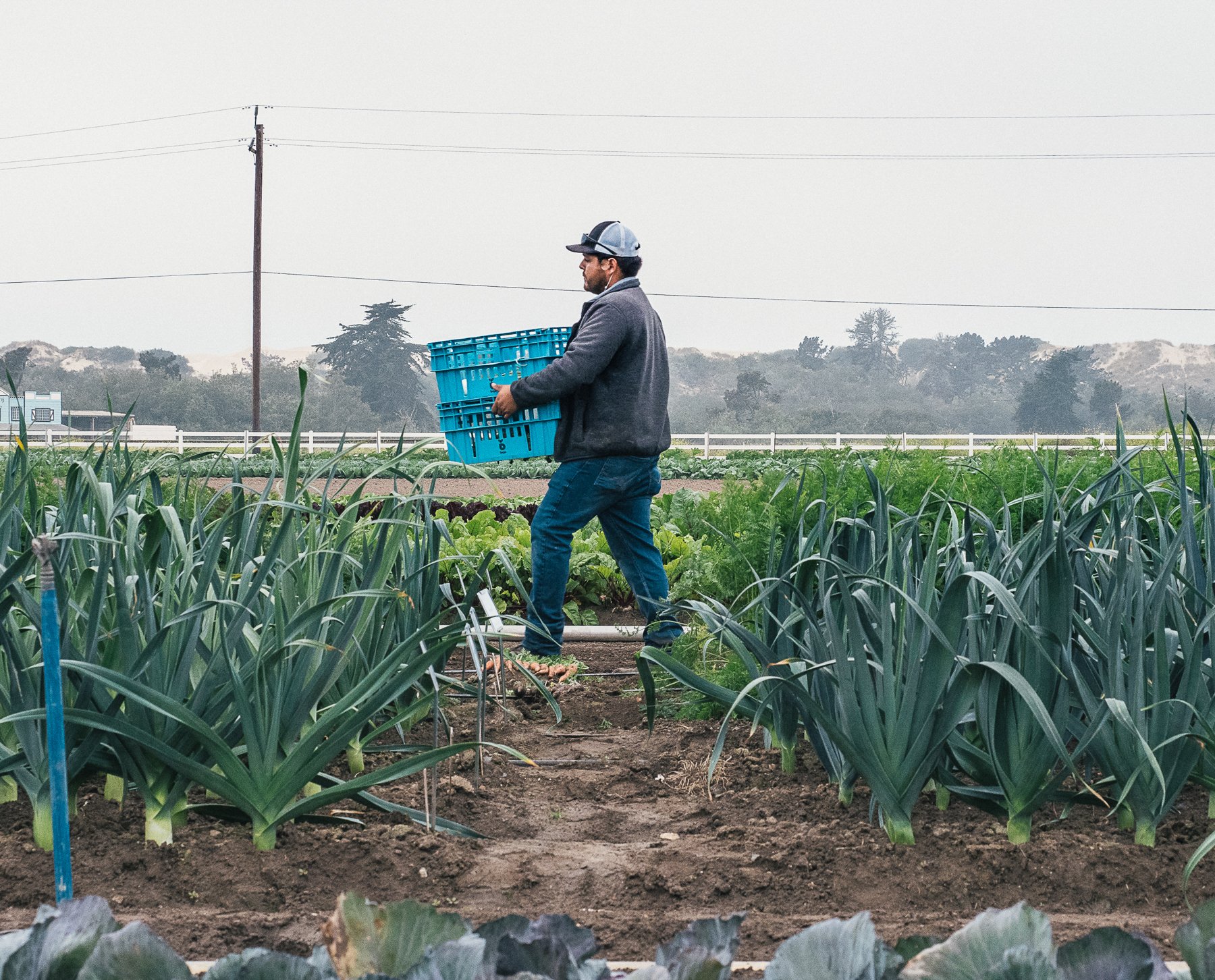
A Breath of Fresh Air with the Pismo Oceano Vegetable Exchange
Built from grit, dirt and lots of love, the Pismo Oceano Vegetable Exchange (POVE) is a cooperative well-known for their napa cabbage and historical roots. Formed during 1925, POVE (pronounced PO-VEE) combines resources so local Japanese American farms may amplify their buying-and-selling power more effectively. This cooperative is a think locally, act globally operation with an international reach, and manages to still keep it local.
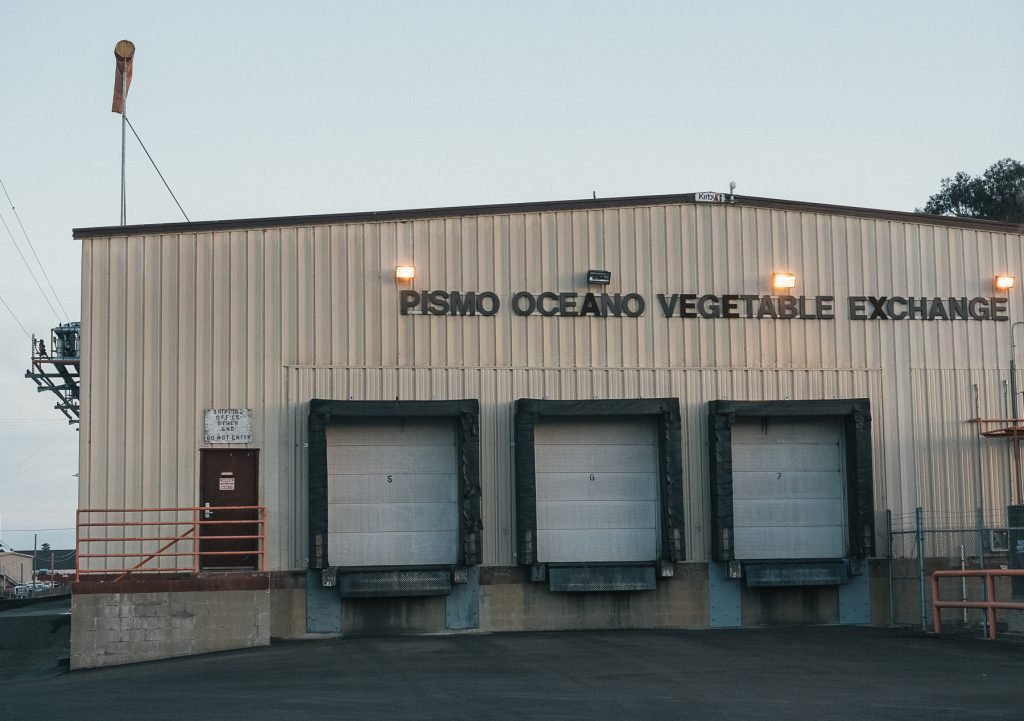
In the face of a worldwide pandemic, POVE and its five partnering farms are still actively growing, shipping and providing sustenance for customers. Farms supply as many as 24 different vegetables, including bok choy, celery and other Asian vegetables. “We are a conventional farm, and we cater to those who cannot afford organics, but understand the need for fresh fruits and veggies for healthy living,” shares Tom Ikeda. Tom is the co-owner at Ikeda Brothers, also a POVE member. He has been involved with the farm and co-op for over 50 years, including summers spent as a kid in the fields. It was a family affair, and still is.

Shortly after its formation in the 1920s, POVE was nearly 50-farms strong, all owned by families of Japanese descent. Similar to now, the co-op was a niche, serving the community throughout The Great Depression with a bit of sweetness in the form of “Oceano” pole peas. In the 1940s the California Farm Bureau estimated that 40 percent of vegetables grown in California were from the 6,000 Japanese American farms in the state.
Uprooted with an unthinkable force, these farms were evacuated under an executive order signed by President Franklin D. Roosevelt weeks after the Pearl Harbor bombings in 1942. Over 117,000 people were incarcerated, and many homes, properties and farms were auctioned off, burned or burglarized.
“Before World War II there were about 50 Japanese American farms in POVE, but about 12 had something to come back to after the war was over,” Tom explains. After the release of the internment camps in 1945, very few Japanese Americans were able to return to their farms.
In South County, including Oceano and Pismo, there were community members who, in addition to protecting the farms, also extended credit to help the Japanese American families get their operations in order. “The farmers that did come back had to band together. They were mostly immigrants,” he explains. “The co-op members weren’t all blood relatives, but the relationships became very familial.”
Since their reuniting, POVE has established itself with a longstanding involvement in the community, and there is the fact that their work by nature, is nurture. “It is a legacy that I have learned from my parents and grandparents. We were always told, ‘Be good to the community, and they will be good to you,’” says Tom about how he and his family were raised to value and honor family, beyond blood ties.
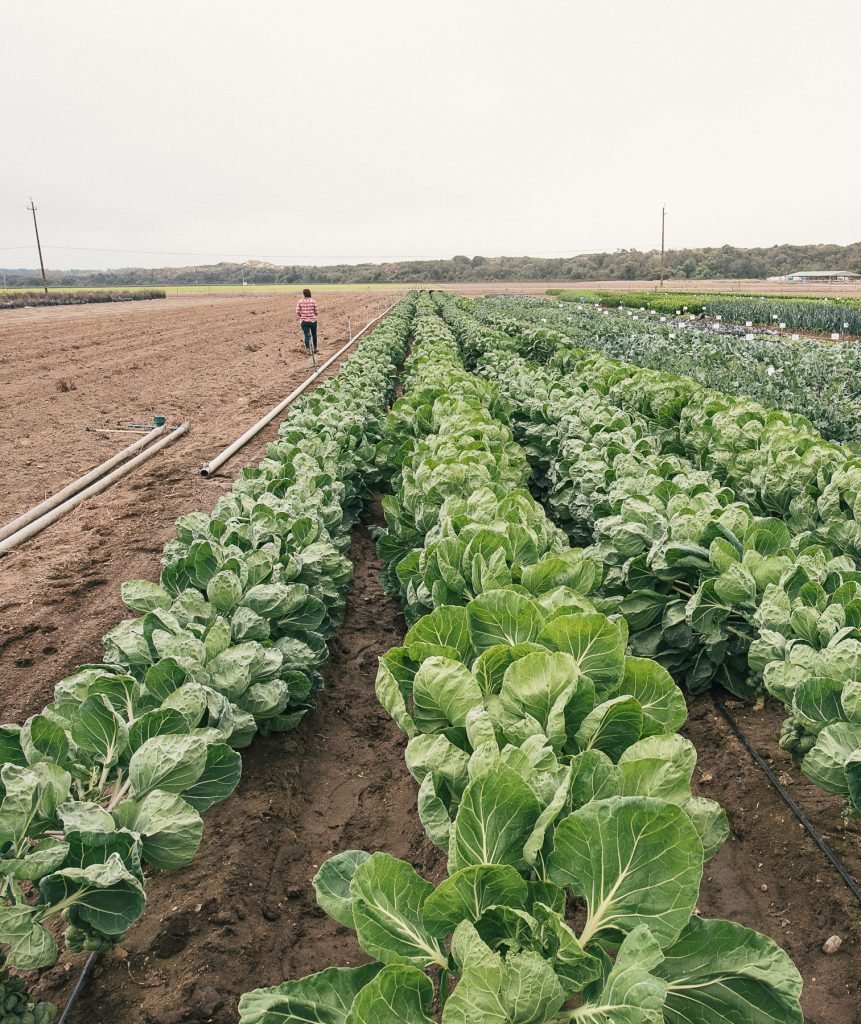
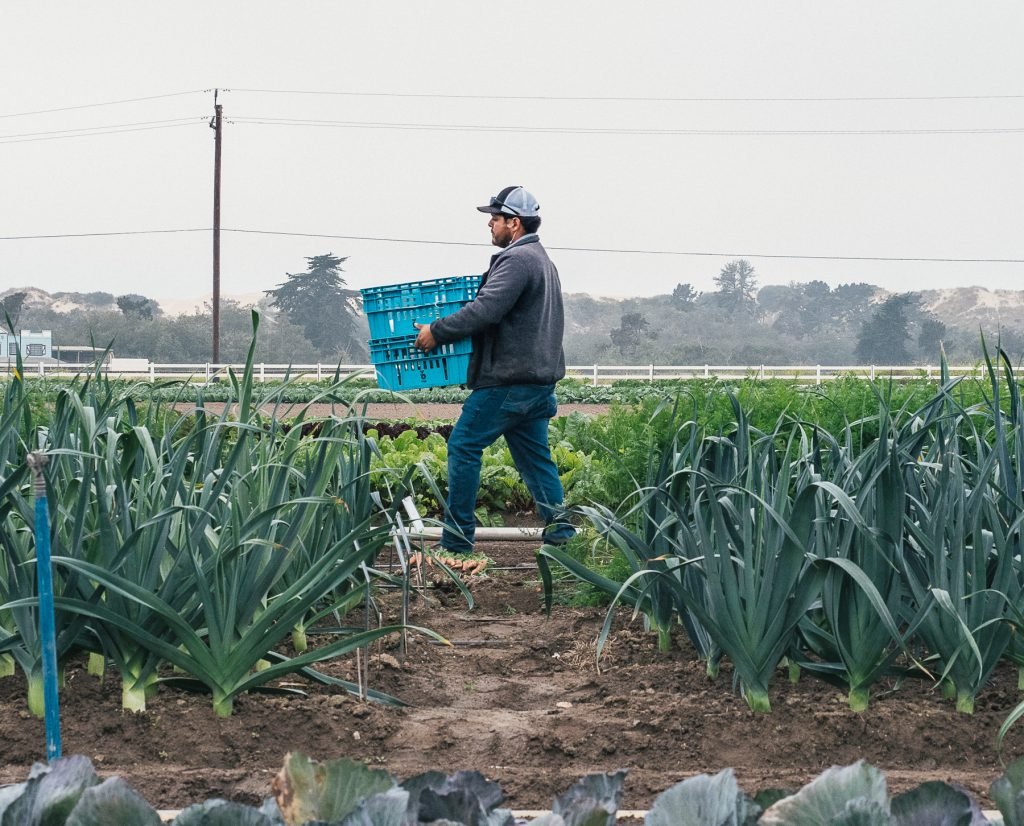
“Our biggest community service is through the local food bank, and we also have students coming to learn more about safety and operations,” he explains. POVE farms are also involved with gleanings, schools and educational tours. In the time of COVID these events have slowed down, but in some ways have brought the community closer together.
“It seems like in the last decade or so, people have been looking for differences, as opposed to similarities, leading to further separation, not congregation,” a sentiment shared by Tom. “In some ways, society has diverged from caring for your neighbor partly due to the size of cities, making it harder to have a sense of community.” While families are pausing and adjusting to a new norm, there has been more opportunity to slow down and reconnect, much like a time Tom reflects on, when he was a teenager, “Families spent more time together back then; they had to entertain themselves. We did not have sports or practices 365 days of the year, and it was a lot less hectic. There was just more time with family — and COVID has brought us back to that.”
Amidst supply chain disruptions and produce demands fluctuating, the commonality all people share — the need to eat, breathe and thrive — is still present. As POVE continues to weather another storm of uncertainty to provide nourishment, therein lies a message of unity, family and rising to a challenge. Or perhaps it’s nothing more than a simple reminder: eat more veggies.
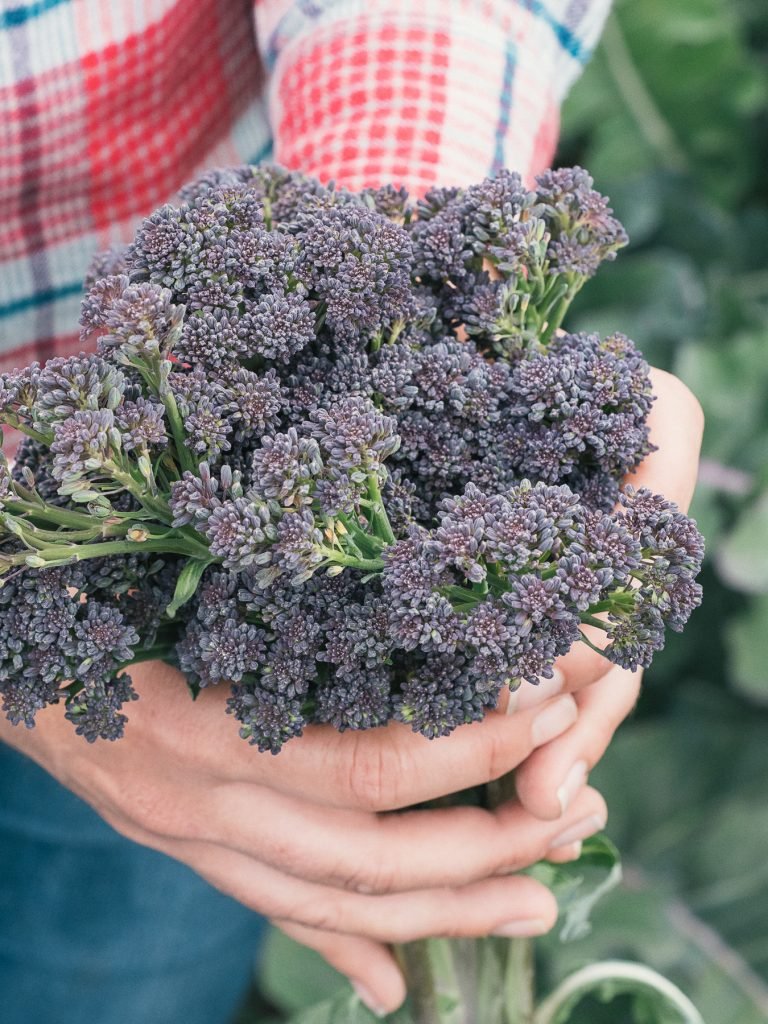
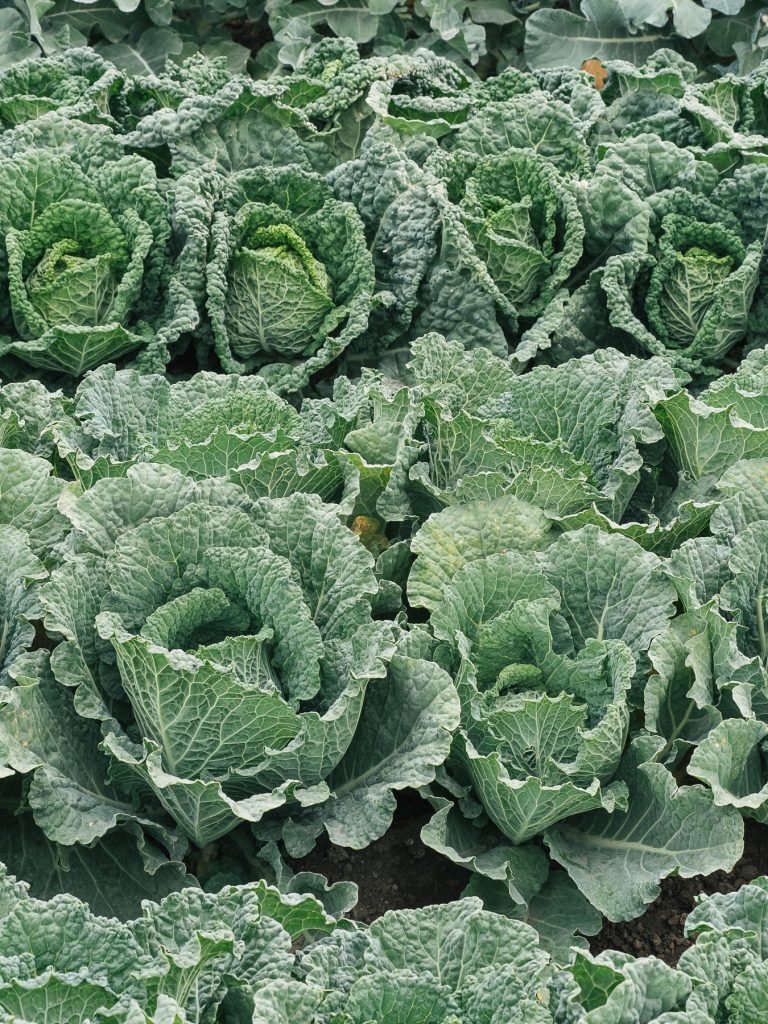
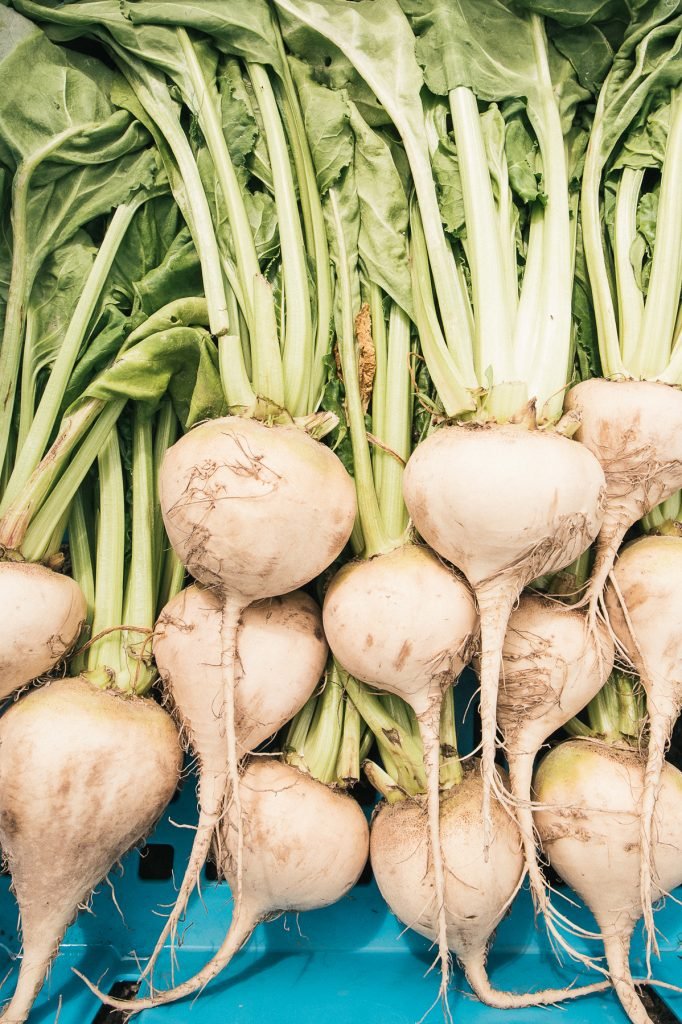
Visit the Pismo Oceano Vegetable Exchange for further information about their produce, history and the team.
Get your daily dose of greens and try new ones! POVE products can be found through:
Hayashi Vegetable & Fruit Stand
2876 Cienaga Street
Oceano
(805) 489-3340
1075 The Pike
Arroyo Grande
(805) 481-3582
Local delivery to restaurants
(805) 543-9000

